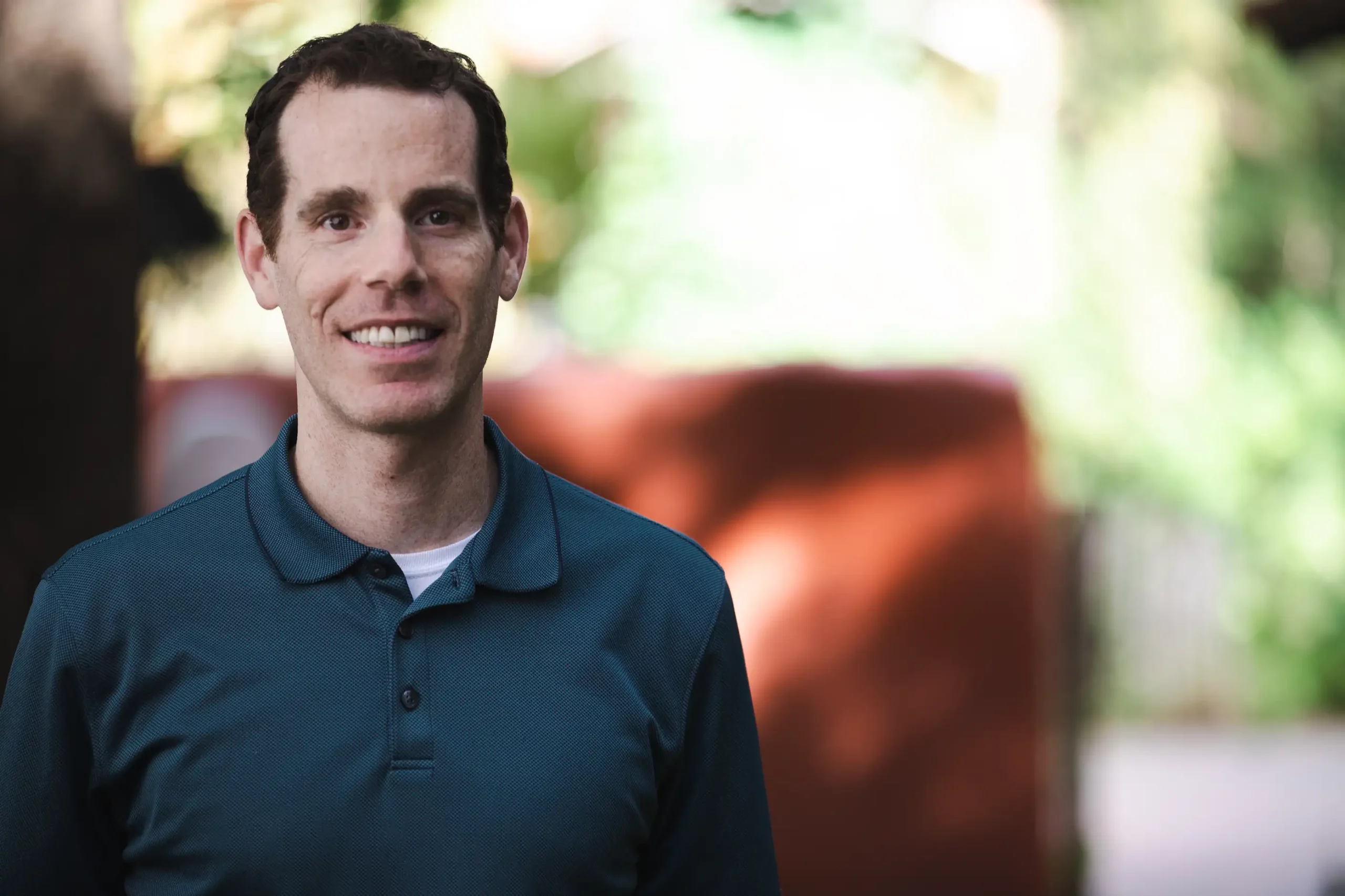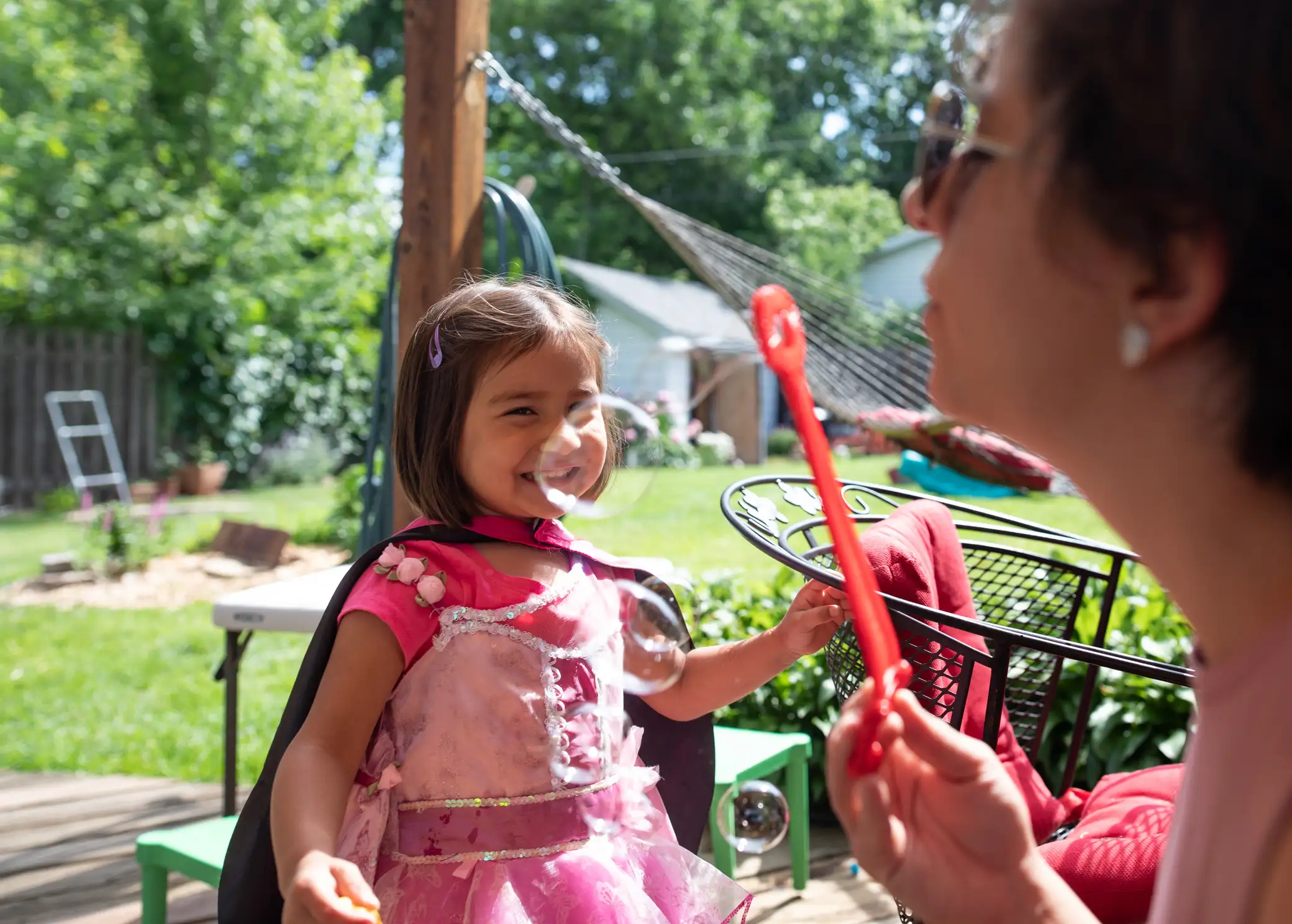The first step of being able to share your feelings and needs with the people you care about is to actually know what your feelings and needs are. Many people, especially women and mothers have learned, unfortunately, over the years that a “good” mom or wife is someone who suppresses their needs to meet the needs of others, namely her husband and children. If that is the message you got directly or indirectly, then connecting to your needs might prove quite challenging. The first step is discernment.
In Nonviolent Communication (NVC) there is a common misconception that judging or evaluating is wrong. That couldn’t be further from the truth. NVC simply differentiates between moralistic judgments of others (not recommended if connection is your goal) and judging what works and doesn’t work for you (highly recommended if connection is your goal). Moralistic judgments of others are when we judge what others are doing as right/wrong, good/bad, nice/mean, etc. On the other hand, we call judging what works or doesn’t work for you, discernment, and the way you discern what does and doesn’t work for you is through your feelings and sensations.
Intrinsic vs extrinsic motivation
For many, discerning what they feel is challenging because they have been taught to do what others tell them is right or not do what others tell them is wrong. As children your parents tell you what is right and what you should be doing (or you will get punished, or worse, rejected), when in school your teachers tell you what is right and what you should be doing (or you will get bad grades, or worse, get embarrassed in front of the class), and when at your job your boss will tell you what is right and what you should be doing (or you will get disciplined, or worse, fired). In other words, your entire life has likely been built on the concept of extrinsic motivation (determined by motivating forces outside of you) instead of intrinsic motivation (determined by what aligns with YOUR values inside of you).
Discernment
The repair work or healing opportunity begins by identifying that this tragic system exists. It is a way to most easily maintain order and control, not a way to make your life wonderful. Instead, we need to learn how to feel again, not feelings that are really judgments of others such as feeling criticized, forced, rejected, misunderstood, rather to start feeling true feelings and sensations. For example, imagine feeling open and expansive, excited and inspired, sad or hurt, tight and frustrated, impatient and irritated, or joyful and satisfied. It is these types of feelings that will let you discern when needs of yours are being met or when your actions and/or the perceived actions of others are aligning with your values. This new skill of discernment will catapult your healing and personal growth in your most important relationship to new levels.
Joy vs obligation
Imagine a scenario where you are unhappy with your marriage. Your partner is confused as he/she wants you to be happy and cares about you but doesn’t know what to do. On the other side of this coin, there are many things you have been doing in your family because you think you should. You never actually determined what you want to do, what’s worse, you likely think you have to do things or the household and/or family will fall apart. Well how about we agree right now to take a pause! Ideally, you should not be doing anything that you don’t choose to do! Sounds hard, maybe even scary and impossible?
The key is to realize that we naturally want to care for people in our family and we naturally want to contribute with compassion and warmth. However, we cannot connect to our natural desires, our intrinsic motivating forces, when we are stuck in a mode of “I have to…” What we NEED to do is care for our family and each other but we don’t NEED to cook dinner. And if you think you NEED to cook dinner and continually do it out of obligation, then my guess is over time you will dislike (even resent) cooking dinner. Even worse, you may begin to resent your family as you think because of them you even have to make dinner.
Let’s look at an example around cooking dinner where the wife connects with her husband about wanting to build discernment into their consciousness in an effort to support connection and joy. Notice how until you build the skill of discernment, learning to evaluate what will and will not meet your needs will be really difficult. In fact, many people don’t realize they have a need until after an action has occurred and they realize it did, or did not, meet their need. That’s because there are so many forces pushing us towards just doing something as simple as making dinner that we don’t take a minute to check in and discern our feelings and needs. These forces include that moms are supposed to make dinner, mom knows how to prepare dinner more efficiently than anyone else, mom doesn’t have other strategies to care for the family if she doesn’t make dinner, mom has made dinner every night for the last 10+ years, mom is not practiced at checking in with her own feelings and needs, mom has not built trust that she can even share and be supported if heaven forbid she is not willing (or worse really doesn’t want) to make dinner, and so on and so forth. As you can see, there are a lot of forces that keep mom making dinner, none of which support internal discernment of what would meet her needs and align with her values at the moment. Let’s look at the example of how we can learn to discern if an action will meet our needs to help ensure Life Is Wonderful:
Husband: Hi honey, what’s for dinner tonight?
Wife: I am going to make veggie burgers and roasted potatoes.
Husband: I love those.
Wife: You know, I have been reading these blogs on WeHeal’s website and they have gotten me thinking about something
Husband: Uh oh, what did I do wrong now? (with a smirk)
Wife: No seriously, they are talking about discernment and doing things only when I discern internally what I am willing to do, not doing something just because that is what I have been doing for years or what others expect me to do
Husband: What are you doing that you don’t want to do?
Wife: This may sound silly, but I am not actually sure?
Husband: So you don’t know what you want?
Wife: To be honest, no, I don’t know what I want. I think that is the problem and why I am not feeling as much joy as I could be.
Husband: Well I want you to be happy. I see how sometimes you are not, but I don’t what to do about it
Wife: They say that this issue is common and that I would find more joy in my life if I were to practice discerning what my feelings and needs are before I do something
Husband: I never thought about doing that but it makes sense…Easy enough right?
Wife: Actually it is quite challenging. For example, I don’t know if I want to make dinner tonight.
Husband: So don’t make dinner.
Wife: No, I don’t want permission not to make dinner, rather I am trying to connect to what my needs are around supporting the family tonight and if making dinner aligns with those needs.
Husband: Okay, so do you want me to make dinner?
Wife: No, I don’t want to strategize about who will make dinner, rather I want you to support me checking in with myself to see if making dinner actually meets my needs?
Husband: So how do I do that?
Wife: By taking a minute before I start making dinner to check in together and see how I actually feel about making dinner.
Husband: What does that look like?
Wife: They suggested that I imagine you picking up dinner, such as Chipotle, to see how my body responds to that. This allows me to use my body to help me discern what I want versus just trying to think about what I want, which can be muddled with thoughts of obligation.
Husband: So we need to feel this out instead of think this through?
Wife: Yes, and if my body feels relief and expansiveness when I imagine you picking up dinner, then I am likely needing support and desiring another strategy beyond me cooking dinner. However, if I feel sadness or disappointment when I imagine you picking up dinner, then it is possible that I want to joyfully cook and contribute a family meal that night.
Husband: Interesting exercise. Do you want to do that every night?
Wife: Yes, I would enjoy checking in daily as I build this new muscle around discernment. I particularly like doing it together and notice feeling tenderness and care from and towards you.
Husband: Yeah, I am enjoying this exercise with you right now too. I can see you light up and you seem happier and lighter. Who knew such a small shift in how we think could have such an impact. I am happy to check in with you before making dinner and pick up dinner on the days you don’t feel like making dinner.
Wife: And it is important to me that if you don’t feel like picking up dinner, we talk about that too and explore a strategy that works for both of us.
Husband: I like that!
Remember, it can be different!





